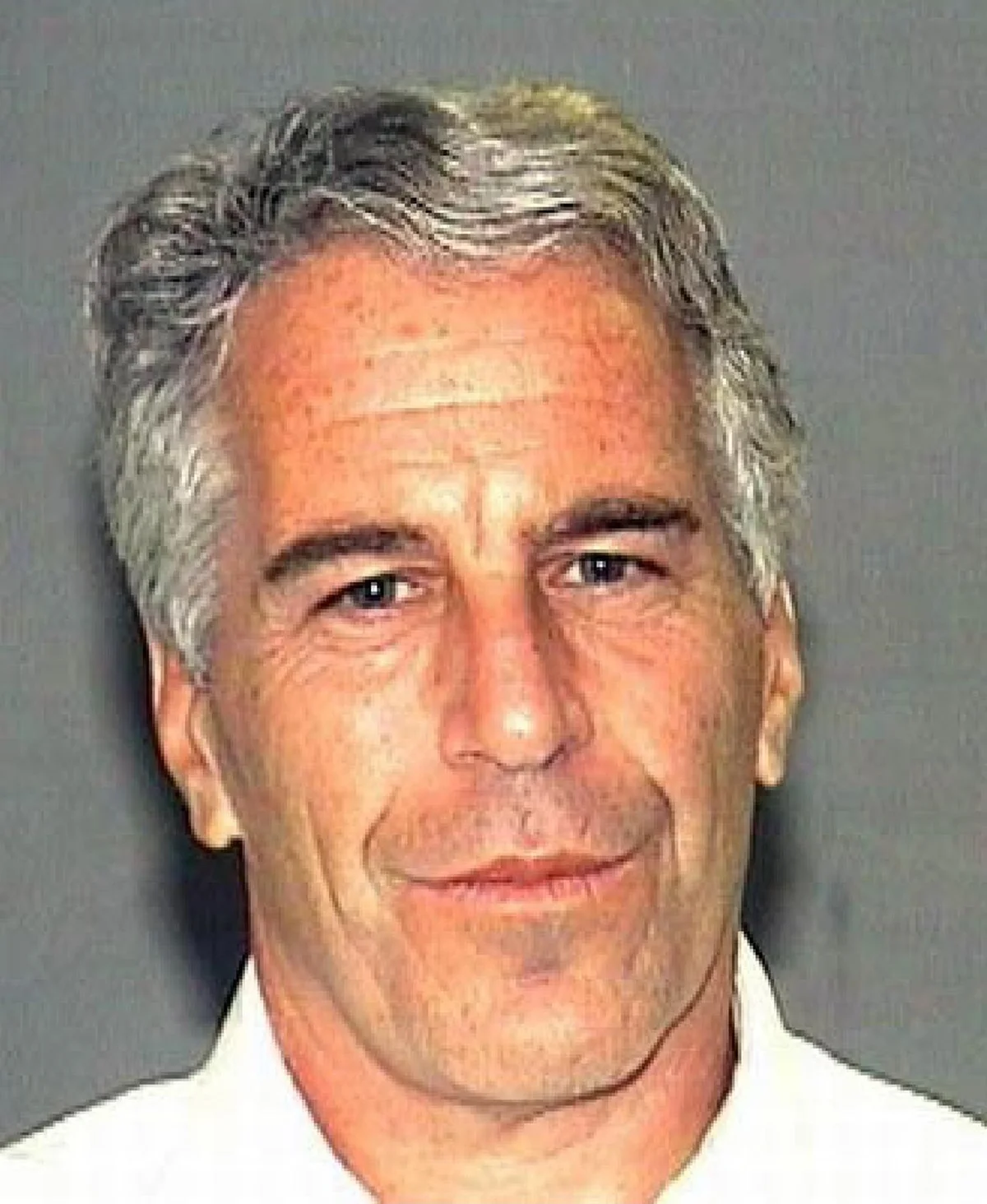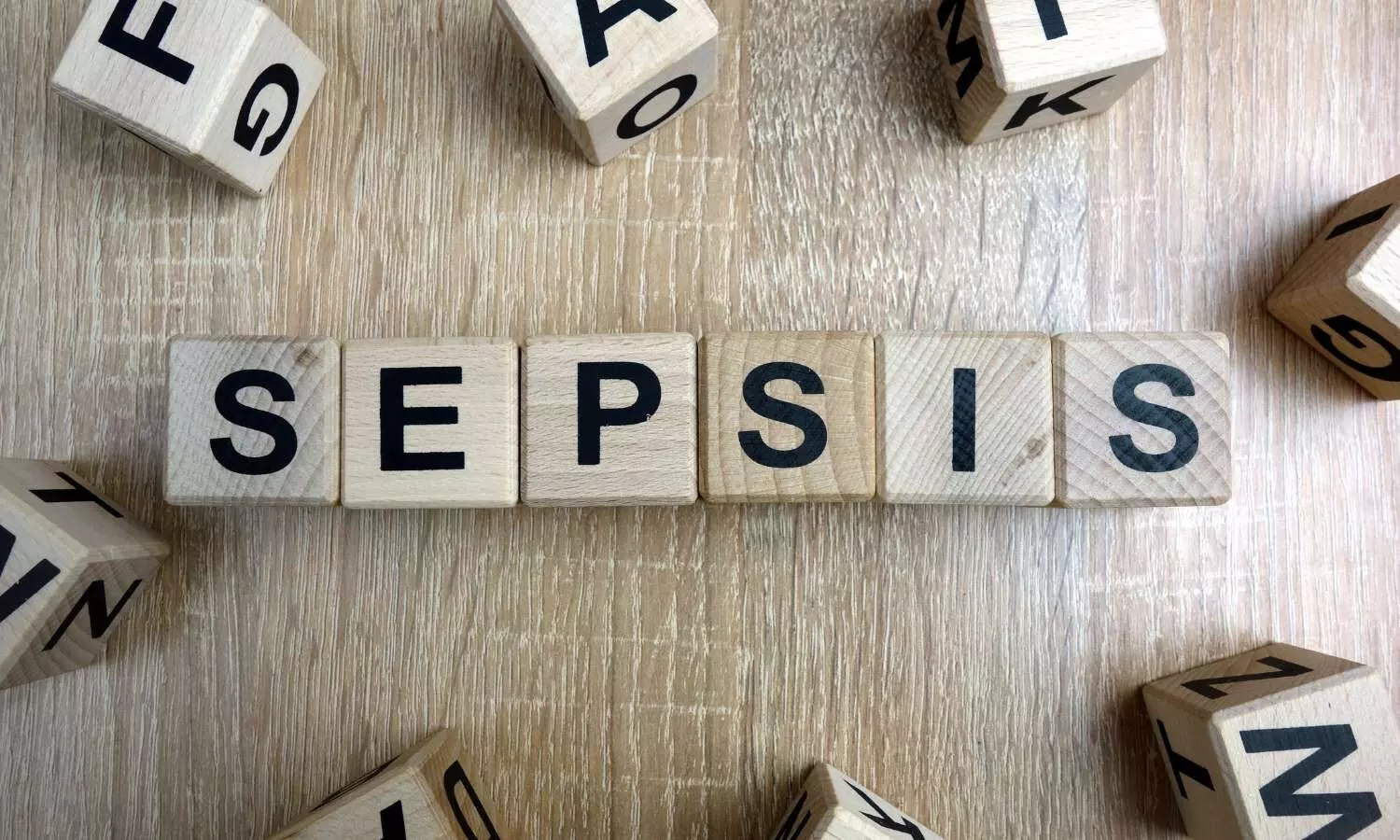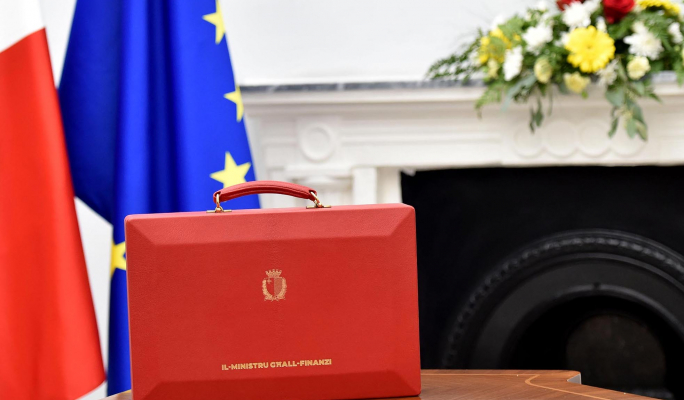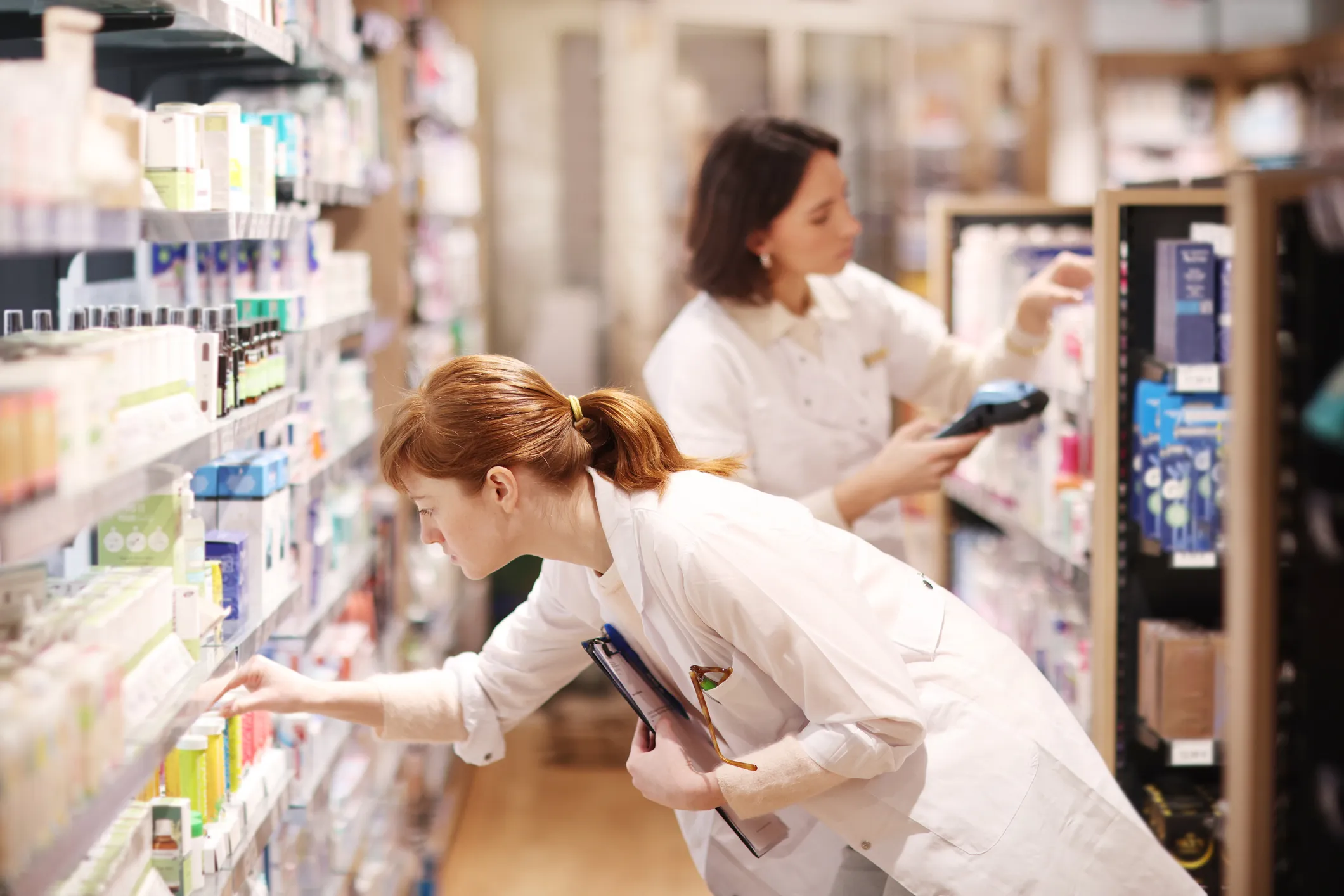Copyright ghanamma

Vision for Accelerated Sustainable Development (VAST Ghana) is calling on the government to take urgent action to combat the escalating crisis of alcohol consumption. The public health advocacy group wants an immediate ban on the production and sale of alcoholic beverages in sachets and to fully adopt the World Health Organisation’s (WHO) SAFER Technical Package. In a press statement released on November 6, 2025, VAST Ghana warned that current regulatory gaps and inadequate enforcement are allowing alcohol use to impose a growing public health and social burden, contributing to premature deaths, road accidents, domestic violence, and rising non-communicable diseases. VAST Ghana highlighted alarming data that underscores the urgency of the problem: Consumption Rate: Ghana’s STEPwise Survey reveals that over 30% of adults in Ghana consume alcohol. Child Exposure: VAST Ghana’s observations indicate that children as young as 10 years are exposed to alcohol at all levels, a crisis exacerbated by the normalisation of alcohol in public spaces like transportation stations and community gatherings. Global Toll: The WHO identifies alcohol as a causal factor in over 200 diseases and attributes approximately 3 million deaths globally each year to its harmful use. Pervasive Risk: The group noted that consumption is becoming more pervasive among vulnerable groups, including children, young people, women, and low-income communities, driven by increased availability, affordability, and aggressive marketing. VAST Ghana strongly criticised the easy availability and affordability of alcohol, particularly in small sachet packaging, which encourages heavy consumption among youth and low-income populations. The group stressed that many other African countries have already legislated against sachet alcohol production. To tackle the crisis effectively, VAST Ghana explicitly called on the Ministry of Health to officially adopt the WHO’s SAFER initiative as a national alcohol control strategy, while also accelerating the completion of the draft national alcohol regulations. SAFER is an acronym for five high-impact, cost-effective interventions: Strengthen restrictions on alcohol availability. Advance and enforce drink-driving countermeasures (e.g., lowering legal BAC limits from 0.08% to 0.05%). Facilitate access to screening and treatment for alcohol use disorders. Enforce bans or restrictions on alcohol advertising, sponsorship, and promotion. Raise prices on alcohol through taxation and pricing policies (e.g., minimum unit pricing). Economic and Health Benefits The advocacy group emphasized that adopting the SAFER framework is both a moral and an economic necessity, citing data from the WHO’s “Saving Lives, Spending Less” report which shows that every $1 invested in alcohol control yields a $9 return in economic and social benefits. VAST Ghana also drew attention to the ongoing problem of alcohol industry interference in public health policymaking, where industry actors use misleading arguments about illicit trade and corporate social responsibility to delay evidence-based control measures—tactics which the group warned “mirror the tobacco industry’s historic approach.” Final Demands to Policymakers: VAST Ghana concluded with a list of specific demands, including: Reviewing and increasing excise taxes on all alcohol beverages. Introducing zero tolerance for young and novice drivers. Enacting a comprehensive ban on alcohol industry sponsorship in public education campaigns. Establishing clear conflict-of-interest guidelines to exclude industry actors from public health policy development. DISCLAIMER: The Views, Comments, Opinions, Contributions and Statements made by Readers and Contributors on this platform do not necessarily represent the views or policy of Multimedia Group Limited. DISCLAIMER: The Views, Comments, Opinions, Contributions and Statements made by Readers and Contributors on this platform do not necessarily represent the views or policy of Multimedia Group Limited.



